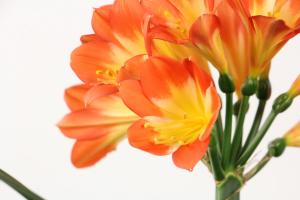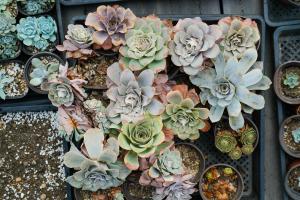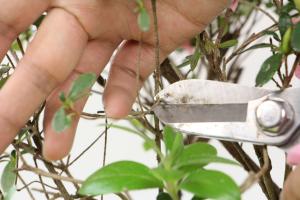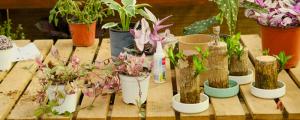Can You Use a Rusty Pot for Planting?
Having a garden or indoor plants can be a fulfilling hobby. The thrill of seeing your plant grow, bloom and thrive can be satisfying. However, taking care of plants is not just about watering it, providing it with enough sunlight, and fertilizing it. Choosing the right pot for your plant is also important. When you rummage through your garage and find a rusty pot, you may wonder if it is still usable for planting. Can you use a rusty pot for planting?
The Potential Dangers of Rust on Plant
Rust forms rapidly on iron, steel, and other metals when exposed to moisture and oxygen. When exposed to these elements over time, rust may develop on the surface of your pot, especially if it has not been used for a while. Although rust does not harm humans, it can harm plants. The iron oxide substance can be toxic, which can cause poisoning to your plant. Over time, the rust formation can also weaken the pot, which may break or leak water as you water the plant.
The Advantages of Rusty Pots for Planting
Despite the potential dangers of using a rusty pot for planting, there are some advantages to using it. For one, a rusty pot can add a rustic and aesthetic appeal to your garden, especially if you want to go for an antique or vintage look. Rusty pots can also be less expensive compared to newly bought pots from the store, which can be useful if you are on a tight budget. Additionally, some people claim that a rusty pot can provide a more natural environment for the plant to grow, as the rust can provide minerals that are beneficial for plants.
How to Properly Use a Rusty Pot for Planting
If you want to use a rusty pot for planting, there are some steps you can follow to ensure that your plant will not be harmed. Firstly, clean the pot thoroughly to remove any loose rust, dirt or debris. You can use a wire brush or sandpaper for this task. Next, line the pot with a plastic bag or waterproof lining to prevent any potential toxins from leaching into the soil. You can also add a layer of sand or gravel at the bottom of the pot to improve drainage. Finally, choose plants that are more tolerant to toxic substances, such as succulents or cacti, to ensure that your plant will thrive in the rusty pot.
The Bottom Line: Should You Use a Rusty Pot for Planting?
Using a rusty pot for planting has its advantages and disadvantages. While a rusty pot can add a vintage or rustic look to your garden and can be less expensive, it can also be harmful to plants if not used properly. If you decide to use a rusty pot for planting, be sure to clean it thoroughly, add a lining, and choose plants that are tolerant to toxic substances. Alternatively, if you do not want to take any risks, you can always purchase a new, clean pot from the store.

 how many times do yo...
how many times do yo... how many planted tre...
how many planted tre... how many pine trees ...
how many pine trees ... how many pecan trees...
how many pecan trees... how many plants comp...
how many plants comp... how many plants can ...
how many plants can ... how many plants and ...
how many plants and ... how many pepper plan...
how many pepper plan...
































